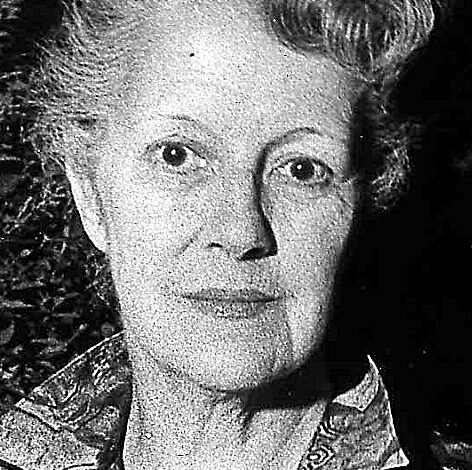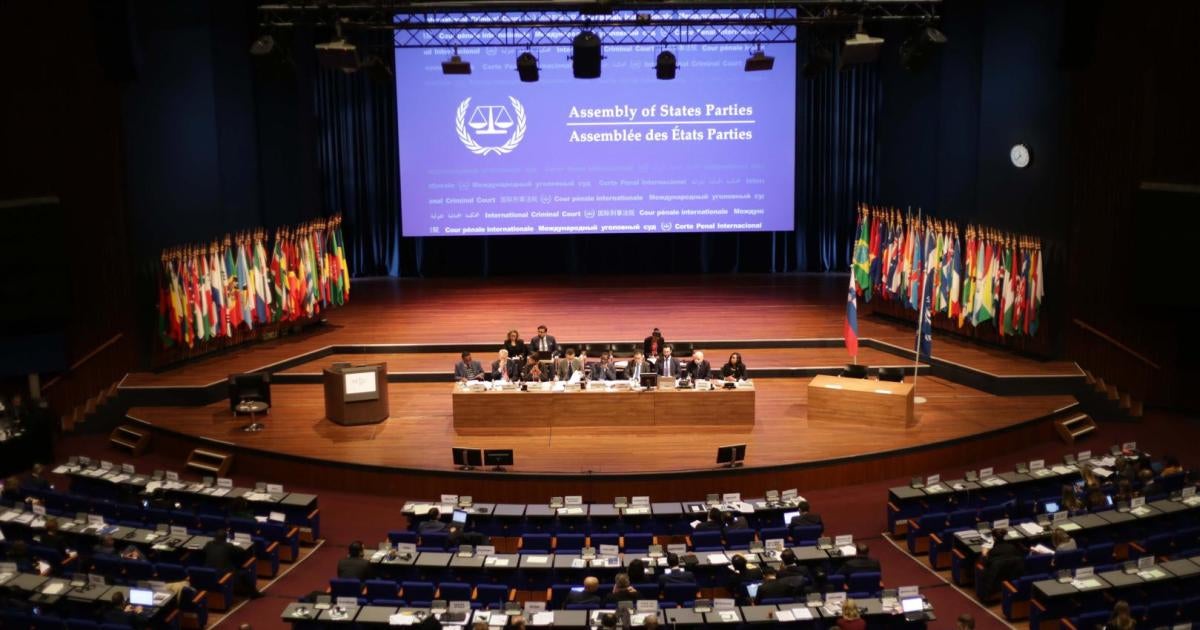The values that defined Helen Joseph’s life are just as essential today

Helen Joseph, a South African social worker and freedom fighter, left a lasting imprint on the country’s history and democracy.
The values that motivated Joseph – courage, solidarity, commitment to collective action – remain central to addressing the most pressing problems of our time. In the face of resurgent authoritarianism, widening inequality, escalating armed conflict and growing assaults on women’s rights, they are more vital than ever.
These values offer a powerful counterpoint to exclusionary and dehumanising narratives that glorify self-interest and the pursuit of privilege through power and domination. They continue to animate women’s rights activists across the world.
It is through the activism, advocacy, and alliance-building of people like Joseph (1905 – 1992) and the countless women in her company that pressure for change is built, that the demands of the most marginalised are amplified, and that a shared vision of justice is forged.
In focusing on the role of social protection in promoting gender equality and social justice, I draw heavily on the research and analysis we conducted for UN Women’s recently launched flagship report “Harnessing Social Protection for Gender Equality, Resilience and Transformation”.
From the Covid-19 pandemic to the food, fuel and financial crisis, from escalating climate disasters to an unprecedented number of violent conflicts, repeated shocks have continued to wreak havoc with people’s lives and livelihoods.
The impacts of these events are not equally felt by everyone. To paraphrase from UN secretary-general Antonio Guterres’s 2020 Nelson Mandela lecture: while some navigate these turbulent waters in superyachts, others are left clinging to drifting debris.
Inequalities dramatically increase vulnerability to shocks. In the process, they chip away at people’s agency, dignity, and basic human rights. Take Covid-19. While high-income countries mobilised massive fiscal stimulus packages in response to the pandemic, low-income countries lacked the fiscal space to support health systems, social protection, or economic recovery. Within countries, structural disadvantages in the labour market compounded the impacts of the crisis.
Like in SA, in many countries, women, low-income and informal workers, migrants, and members of historically oppressed racial groups were among the first to lose their jobs and incomes, and among the last to regain them –if they did at all.
Social protection alone cannot solve these systemic crises. But it remains a foundational pillar of broader strategies needed to transform societies towards gender equality and social justice.
Social protection is also part of a “thick” understanding of democracy – where economic and social rights give material substance to the promise of political equality.
In SA, Joseph contributed to such an understanding at the Congress of the People in 1955, through what she called her “social worker’s speech” – focusing on “the right to homes and houses, the ending of hunger, the provision of medical care, the care of the aged, the sick, the young and the family”.
Today, this “thick” understanding of democracy is reflected in SA’s constitution – one of the most progressive globally when it comes to social and economic rights. In an increasingly unstable world, robust, gender-responsive social protection systems can play a key role in protecting women and girls against poverty during times of crisis.
How can social protection contribute to supporting gender equality and the rights of women and girls? I make three key arguments:
First, it is important to establish the basics. Social protection is not a privilege. It is a human right. Now, however, almost half of the world’s population remains excluded. Closing gaps in social protection coverage between high and low-income countries, formal and informal workers, women and men, is critical for turning the right to social protection into a lived reality.
Second, social protection must go beyond its current narrow focus on income transfers. To address the structural drivers of women’s poverty and vulnerability, we need integrated approaches that connect social protection to inclusive employment strategies and quality public services.
Third, it is not only about what kinds of benefits and services are included in social protection systems, but also about how they are delivered. Ensuring that policies and programmes are designed and implemented in ways that uphold the dignity and agency of women and girls is essential to unlocking their transformative power.
For social protection to play a meaningful role in reducing and preventing poverty, it needs to reach enough people with benefits that address risks and vulnerabilities across the life course. They must be high enough to meet basic needs and address gender-specific risks across the life course.
In 2023, for the first time, more than half the global population was covered by at least one social protection benefit – an increase of almost 10 percentage points since 2015. Even so, two billion women and girls and 1.8-billion men and boys remain without access to any form of social protection globally. What is more, gender gaps in social protection coverage have widened, particularly in lower-middle-income countries, suggesting that recent gains have benefited men more than women.
A closer look at Sub-Saharan Africa reveals that despite important progress over the past 10 years, overall coverage remains low and even lower among women – with just about 14% of them covered by at least one social protection benefit compared to almost 17% of men. Coverage of maternity benefits has increased from 3.5% to 5.9% – but this still leaves the overwhelming majority of African women without income support during this crucial stage in their lives.
In light of these gaps, extending social protection to those who are now excluded is critical. This includes large swathes of women in informal employment – small-scale farmers, domestic workers, waste pickers, street vendors and market traders. In Sub-Saharan Africa, nearly 90% of women and 84% of men are in informal employment.
Strengthening non-contributory, tax-financed schemes that offer protection across the life course presents another pathway to achieving at least a basic level of income security for all. Non-contributory schemes – like the social grant system in SA – are particularly important for women, who – because of pervasive gender inequalities in paid employment and unpaid care – continue to face significant disadvantages in contributory schemes.
Many African governments recognise the need to scale up investments in social protection. Kenya, for example, introduced a universal social pension for all older people aged 70 and above in 2018. In 2022, the scheme reached almost 800,000 older people, 60% whom were women. Unlike many other transfers that are targeted at the household level, this is an individual entitlement – thereby increasing the likelihood that older women will have an income.
SA is another example, exploring how to make the social relief of distress grant permanent – a move that would, for the first time, provide a form of unemployment protection to those outside the formal sector.
The values that defined Helen Joseph’s life: courage, solidarity, and collective action, are just as essential today as they were during her time. Confronted with overlapping crises, deepening inequalities and rising authoritarianism, they offer a compass to guide the way forward.
They are reflected as well in the theme that SA defined for its G20 presidency – solidarity, equality, and sustainability – grounded in ubuntu philosophy, which stresses interconnectedness and collective responsibility.
Social protection holds powerful potential to advance gender equality, build resilience, and lay the foundations for more just societies. But realising that potential means confronting serious challenges.
Overcoming these challenges – and creating the financial and political conditions to advance social justice in a world tilted against it – requires strategies that would have been familiar to Joseph: bottom-up organising, principled leadership, and alliance-building across difference.
Even in a multilateral system under strain, there are some bright spots where we see these strategies in action.
- Dr Silke Staab is a research specialist at UN Women. This is an edited version of the 20th Annual Helen Joseph Memorial Lecture 2025 she delivered at the University of Johannesburg

